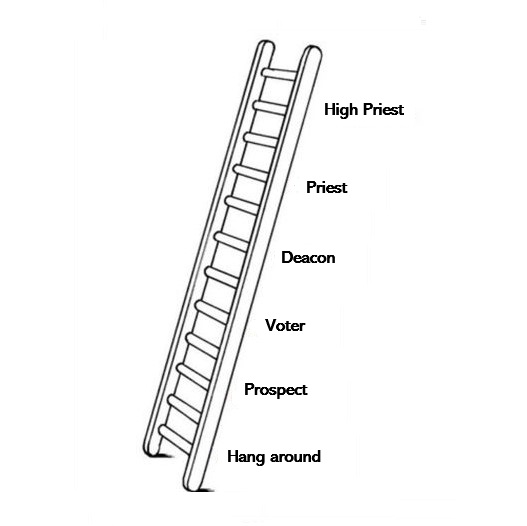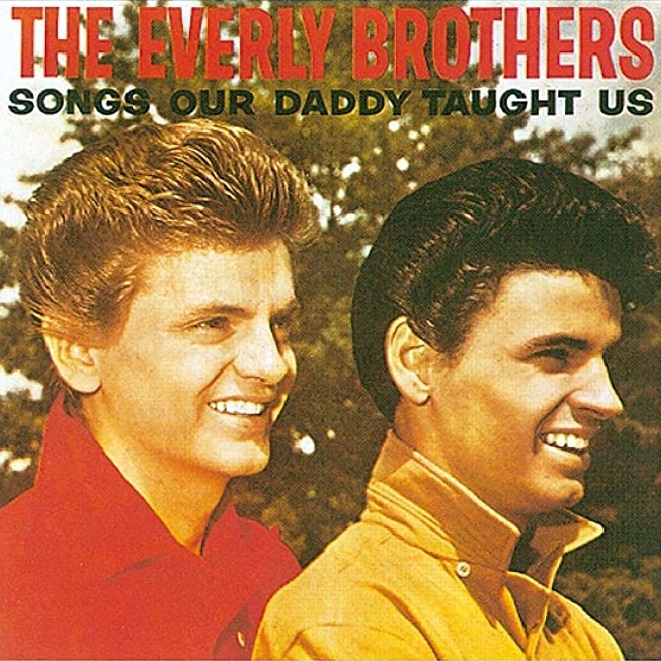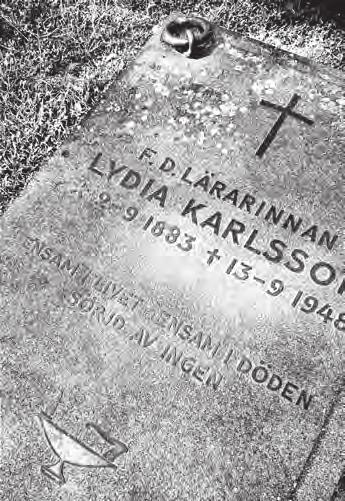
 The saying goes, "Good from far, but far from good". How true. People are not always good looking when you come closer. The same goes for bands and artists who aspire to be the next 16 Horsepower, Handsome Family, Those Poor Bastards, Slim Cessna's Auto Club, Sons of Perdition, Munly & the Lee Lewis Harlots, Reverend Glasseye, Wovenhand, O'Death or Slackeye Slim, read more here (opens in an new window). The aspirants are not good looking. And this goes far beyond their looks. I'm talking about the musical quality and originality. I'm old, tired, and cranky. I want to believe, in the same way people believe in paranormal objects or phenomena, especially the ones alleged to have extraterrestrial origins. I use different trawling techniques. Most fishes pass through my fishing net holes. However, some fishes tagged gothic country, gothic americana, dark americana and southern gothic, get stuck in the net. However, after a brief assessment they are thrown back into the sea. They are either uninteresting or hideous, and sometimes both. Maybe I would be more successful if I focused more on old fishing grounds and the peak period, which ended a decade ago. It's hard work to separate the wheat from the chaff. In fact, it's like finding a needle in a haystack. Adding to the difficulty level. It's unclear if there really is a needle in the haystack.
The saying goes, "Good from far, but far from good". How true. People are not always good looking when you come closer. The same goes for bands and artists who aspire to be the next 16 Horsepower, Handsome Family, Those Poor Bastards, Slim Cessna's Auto Club, Sons of Perdition, Munly & the Lee Lewis Harlots, Reverend Glasseye, Wovenhand, O'Death or Slackeye Slim, read more here (opens in an new window). The aspirants are not good looking. And this goes far beyond their looks. I'm talking about the musical quality and originality. I'm old, tired, and cranky. I want to believe, in the same way people believe in paranormal objects or phenomena, especially the ones alleged to have extraterrestrial origins. I use different trawling techniques. Most fishes pass through my fishing net holes. However, some fishes tagged gothic country, gothic americana, dark americana and southern gothic, get stuck in the net. However, after a brief assessment they are thrown back into the sea. They are either uninteresting or hideous, and sometimes both. Maybe I would be more successful if I focused more on old fishing grounds and the peak period, which ended a decade ago. It's hard work to separate the wheat from the chaff. In fact, it's like finding a needle in a haystack. Adding to the difficulty level. It's unclear if there really is a needle in the haystack.

 Murder ballads are a subgenre of the traditional ballad form dealing with a crime or a gruesome death. Their lyrics form a narrative describing the events of a murder, often including the lead-up and/or aftermath. The term refers to the content, and may be applied to traditional ballads, part of oral culture. Murder ballads are gruesome. The actual murders are secondary. Deception, despair, remorse and punishment are of primary interest. Murder ballads comes in the strangest ways. Take the Everly Brothers for example. Two perfect son-in-laws and pretty-boys singing the darkest of murder ballads, "Down in the Willow Garden". The song may have derived from Irish sources from the early 19th century. Unlike other Irish ballads, "Down in the Willow Garden" was initially restricted to the Appalachian region of the United States. The song title and lyrics vary greatly. The murder of Rose Connolly is brutal. Not once, not twice, but thrice. The protagonist poisons her, stabs her, and throws her body into a river. The motive of this awful crime is stated or assumed pregnancy. The murderer's father had promised him to buy his freedom, but now the father must watch his son's execution. The lyrics are written from the point of view of the murderer. The son laments his death. "My father sits at his cabin door / Wiping his tear-dimmed eyes / For his only son soon shall walk / To yonder scaffold high / My race is run, beneath the sun / The scaffold now waits for me / For I did murder that dear little girl / Whose name was Rose Connolly". The Everly Brothers version of the song is stripped down to the bone. Just two beautiful voices and guitars. Their version was recorded in 1958 and stand the test of time. In fact, it's immortal.
Murder ballads are a subgenre of the traditional ballad form dealing with a crime or a gruesome death. Their lyrics form a narrative describing the events of a murder, often including the lead-up and/or aftermath. The term refers to the content, and may be applied to traditional ballads, part of oral culture. Murder ballads are gruesome. The actual murders are secondary. Deception, despair, remorse and punishment are of primary interest. Murder ballads comes in the strangest ways. Take the Everly Brothers for example. Two perfect son-in-laws and pretty-boys singing the darkest of murder ballads, "Down in the Willow Garden". The song may have derived from Irish sources from the early 19th century. Unlike other Irish ballads, "Down in the Willow Garden" was initially restricted to the Appalachian region of the United States. The song title and lyrics vary greatly. The murder of Rose Connolly is brutal. Not once, not twice, but thrice. The protagonist poisons her, stabs her, and throws her body into a river. The motive of this awful crime is stated or assumed pregnancy. The murderer's father had promised him to buy his freedom, but now the father must watch his son's execution. The lyrics are written from the point of view of the murderer. The son laments his death. "My father sits at his cabin door / Wiping his tear-dimmed eyes / For his only son soon shall walk / To yonder scaffold high / My race is run, beneath the sun / The scaffold now waits for me / For I did murder that dear little girl / Whose name was Rose Connolly". The Everly Brothers version of the song is stripped down to the bone. Just two beautiful voices and guitars. Their version was recorded in 1958 and stand the test of time. In fact, it's immortal.
 "Alone in life, alone in death, mourned by no one" ("Ensam i livet, ensam i döden, sörjd av ingen" in Swedish). The epitaph is an appeal of the departed to visitors, who is asked to stop for a moment and read the inscription. The headstone inscription stand out compared with other inscriptions like "A long life well lived", "Always together", "Always loving", "Always loved", "At peace", "At rest" et cetera. You can find the epitaph at Ukna cemetery in Linköping diocese, in the south-east of Sweden. It is written on the headstone of retired primary school teacher Lydia Viktoria Matilda Karlsson who died in 1948. About ten years ago we were visiting friends at their summer house not far from Ukna. One day we went for a drive and our friends showed us the headstone. What does it mean? A bitter comment placing guilt on your fellow human beings or a resignated conclusion that life didn't turned out the way you wanted or expected? And everything in between. Let's deconstruct the inscription. "Alone in life". Lydia grew up with her mother, father, brother and half-siblings. Her father had nine children from a previous marriage (his first wife died in 1880). Lydia was a primary school teacher, teaching 7-8 year old children. She remained unmarried throughout her life and never had any children. "Alone in death". Lydia retired in 1944 and died four years later. The cause of death was cerebral hemorrhage and pneumonia. It's unclear whether she died alone. It was clear from the will that she wanted to be buried in Ukna and the pallbearers were to be found local. "Mourned by no one". It's unclear whether she was mourned or not. Lydia left an estate. There where six beneficiaries (a niece, two half-siblings, and three descendants to deceased half-siblings). The estate consisted of 51 650 SEK (today about 1 082 600 SEK or $106 400) in bank savings, a gold clock, some rings, table silverware, an organ, a radio, a loom and furnitures. The headstone inscription is tragic. The irony in this story is that you lived your life unseen, unnoticed and unconfirmed and then when you're dead - only then - you are seen, noticed and confirmed. Anyway, the headstone inscription qualifies for the list of famous last words.
"Alone in life, alone in death, mourned by no one" ("Ensam i livet, ensam i döden, sörjd av ingen" in Swedish). The epitaph is an appeal of the departed to visitors, who is asked to stop for a moment and read the inscription. The headstone inscription stand out compared with other inscriptions like "A long life well lived", "Always together", "Always loving", "Always loved", "At peace", "At rest" et cetera. You can find the epitaph at Ukna cemetery in Linköping diocese, in the south-east of Sweden. It is written on the headstone of retired primary school teacher Lydia Viktoria Matilda Karlsson who died in 1948. About ten years ago we were visiting friends at their summer house not far from Ukna. One day we went for a drive and our friends showed us the headstone. What does it mean? A bitter comment placing guilt on your fellow human beings or a resignated conclusion that life didn't turned out the way you wanted or expected? And everything in between. Let's deconstruct the inscription. "Alone in life". Lydia grew up with her mother, father, brother and half-siblings. Her father had nine children from a previous marriage (his first wife died in 1880). Lydia was a primary school teacher, teaching 7-8 year old children. She remained unmarried throughout her life and never had any children. "Alone in death". Lydia retired in 1944 and died four years later. The cause of death was cerebral hemorrhage and pneumonia. It's unclear whether she died alone. It was clear from the will that she wanted to be buried in Ukna and the pallbearers were to be found local. "Mourned by no one". It's unclear whether she was mourned or not. Lydia left an estate. There where six beneficiaries (a niece, two half-siblings, and three descendants to deceased half-siblings). The estate consisted of 51 650 SEK (today about 1 082 600 SEK or $106 400) in bank savings, a gold clock, some rings, table silverware, an organ, a radio, a loom and furnitures. The headstone inscription is tragic. The irony in this story is that you lived your life unseen, unnoticed and unconfirmed and then when you're dead - only then - you are seen, noticed and confirmed. Anyway, the headstone inscription qualifies for the list of famous last words.
